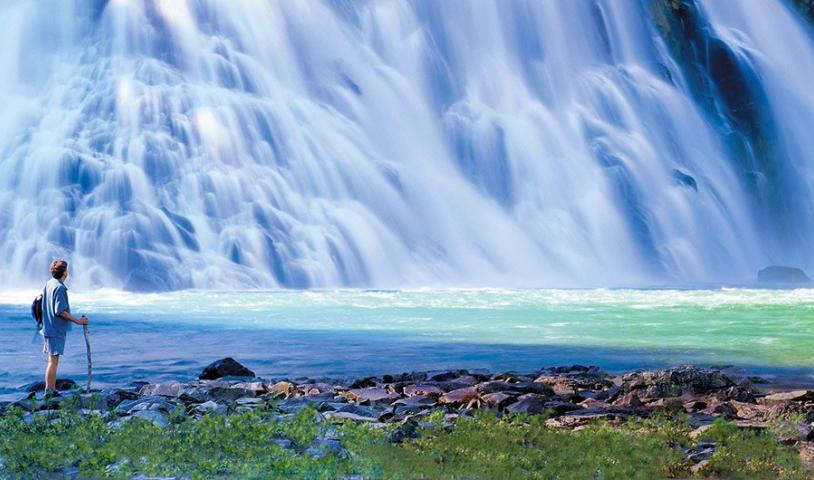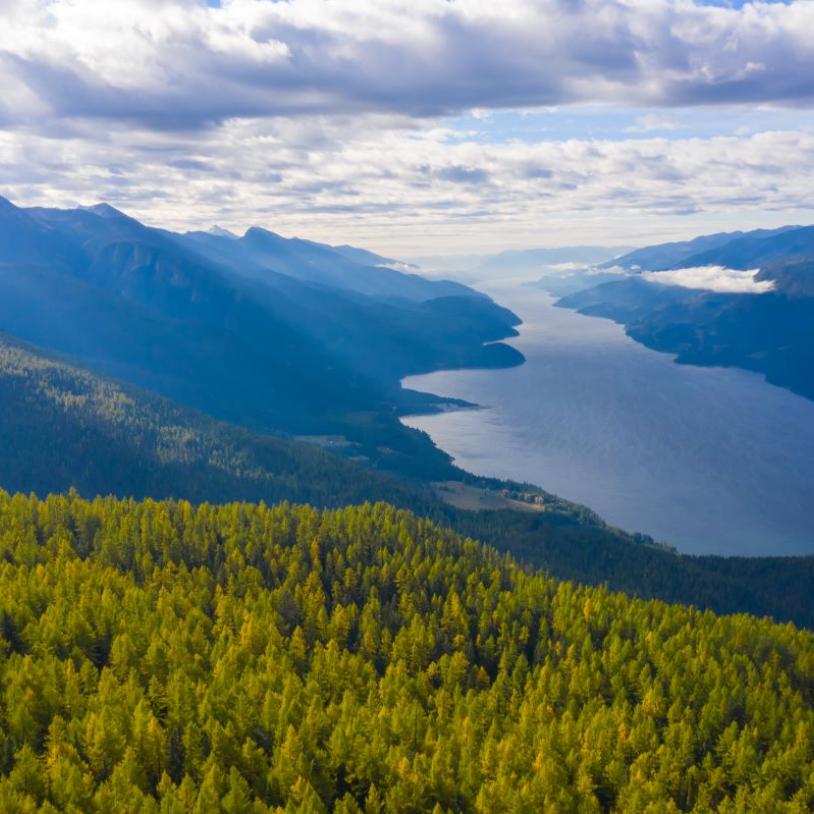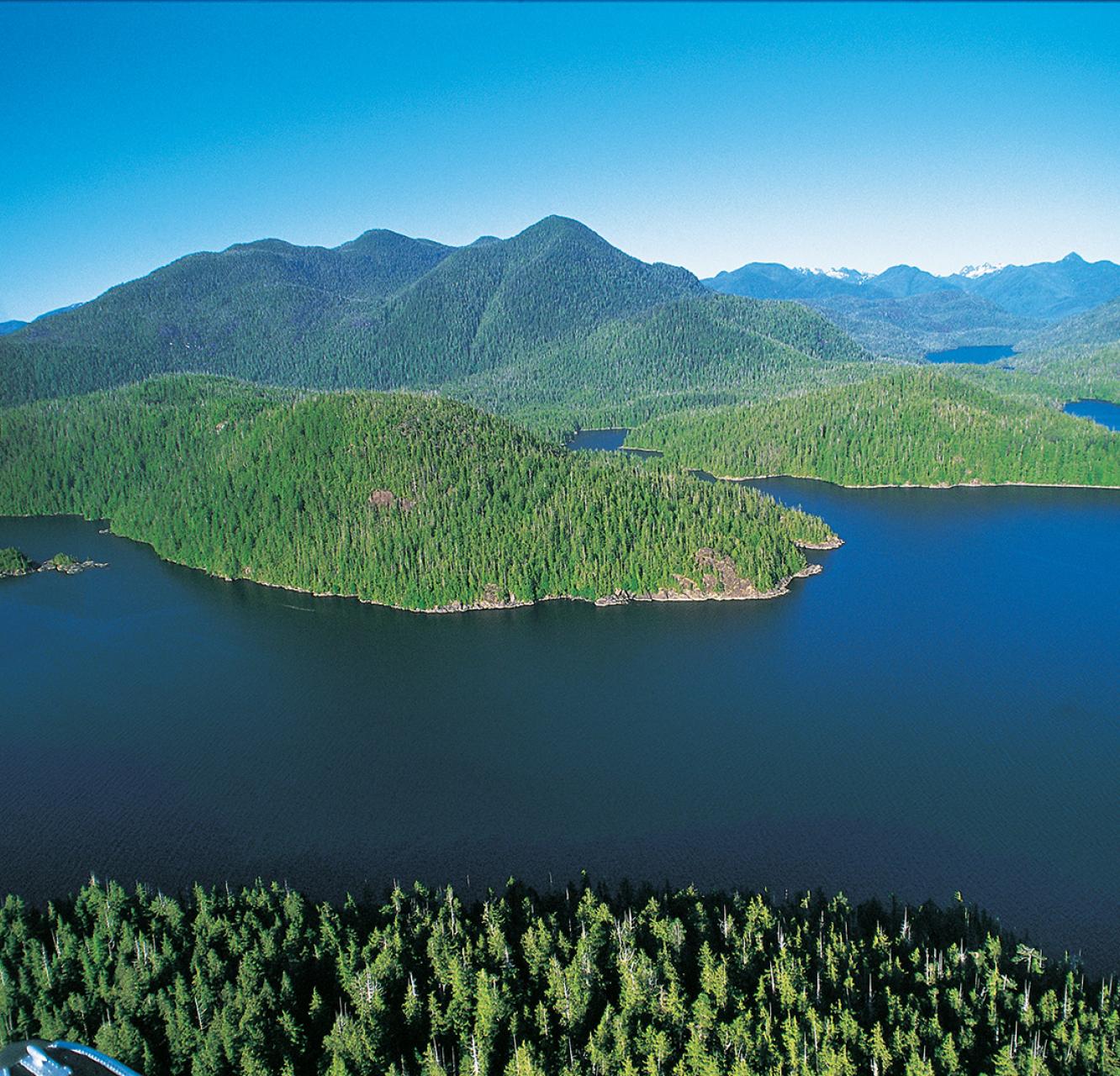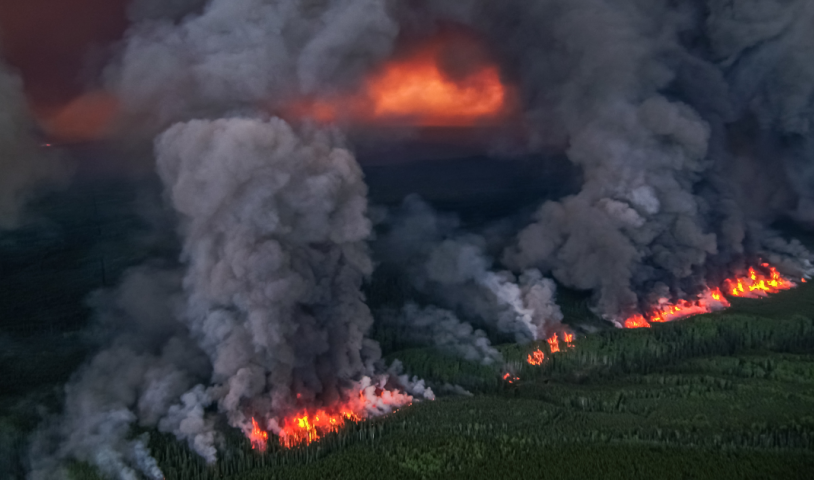Fees an issue in B.C. parks
Wednesday, March 11, 2009
With money getting tight, many British Columbians are likely to stay closer to home when they go on holiday. Compared with a cruise or a trip to the Mexican beaches, going to a provincial park to hike or camp is cheap. For people with cars, this is as easy as loading up the vehicle, and following the map.
When Joe Foy was a kid, he and his folks did just that every year, and it’s a tradition that continues with his own family. He swears that B.C. parks are still the best in North America.
Foy is the campaign director of the Vancouver-based Western Canada Wilderness Committee, which describes itself as Canada’s largest membership-based wilderness preservation organization, and he believes that a whole lot needs to be done to make provincial parks accessible to more people.
“If you have access to a vehicle, that’s one thing everyone could take advantage of,” Foy told the Georgia Straight. “I, for one, think it’s important to discourage car travel. However, for many parks, there just isn’t any other way to get there.”
He noted that there are a number of hiking trails that are transit-accessible, like those around Sasamat Lake in Belcarra Regional Park. Or those on Bowen Island’s Mount Gardner.
“Unfortunately, you will see that none of these trails are in local provincial parks,” the environmental crusader said. “They are mostly in regional parks, and have no organized camping areas.”
To benefit residents of the Lower Mainland who rely on public transit, Foy suggested, B.C. Parks could build camping facilities in North Shore provincial parks like Seymour and Cypress.
He also pointed to Golden Ears Provincial Park as another possible candidate. “The park campground is located north of Maple Ridge,” Foy said. “It is currently not transit-accessible, but a shuttle bus in the summer would be a great idea, and could hook up to existing routes in the Maple Ridge area fairly easily.”
Offering transit as an option might boost park visits and help B.C. Parks reach its 2010–11 target of increasing recorded visits by 20 percent over 2004–05. In its 2007–08 report, the agency noted that provincial park attendance had increased by nine percent since 2004.
For 2007–08, B.C. Parks recorded a total of more than 19.6 million person day visits, up by roughly 171,000 from the previous year.
What people find in provincial parks is another issue, and Bev Ramey, president of B.C. Nature, has been an advocate of interpretive programs to educate visitors about the importance of preserving nature. These programs were fully supported by the government until funding was cut completely when the B.C. Liberals took over in 2001. Through the succeeding years, Ramey’s group was able to reintroduce some of these programs through private money, and government money started to trickle back.
“But this year with the cutbacks in the…B.C. Parks budget, I’m just not too hopeful,” Ramey told the Straight. “It looks like there won’t be nearly as much there in the way of park interpretation programs.”
According to provincial budget documents, the operating fund for parks and protected areas will decrease in 2009–10 to $35.7 million, from $38.2 million in 2008–09.
The B.C. Liberals also introduced parking metres in several provincial parks in 2003 and 2004, prompting howls of protest from nature advocates. In 2007, the parking fees were reduced from a range of $3 to $5 to a rate of $1 per hour, with a maximum of $3 a day.
For 2007–08, B.C. Parks reported it collected a total of $695,986 in day-use parking fees. This is on top of $11.9 million in camping fees paid by park users.
Fees are not a hot-button issue at present, according to Jeremy McCall, secretary and treasurer of the Outdoor Recreation Council of B.C.
“We wouldn’t even mind about the fees if it was spent on the parks, but we feel it’s not being spent on the parks,” McCall told the Straight.
He cited as an example the state of trails in the parks, which he described as “poor”.
When he was growing up during the 1960s, Foy recalled, everything at provincial parks, except for a modest campsite fee, was free. Now even wood for campfires must be bought, he said. A few decades back, he added, there were no backcountry fees, and anyone with a backpack could just head to the wilderness.
“When parks were free, you had a sense that at least it was kind of a uniting thing for communities and cities in the province,” Foy said. “Parks were owned by the people and available to all the people. People have already paid for those parks with…taxes. Generations of us have paid for them. It’s something that we should hold open to all people.”





